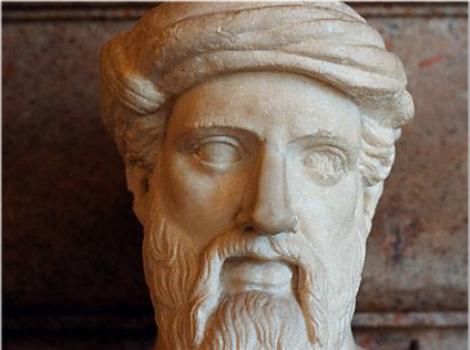Robin Hanson’s excellent essay in Cato Unbound is a proposal to cut medical spending in half. The evidence suggests that this would do little harm and it would help us focus on more helpful activities. I like the way this article summarizes the RAND experiment, searches for the right metaphor, and answers objections.
 Pagophagia and the Umami Hypothesis
Pagophagia and the Umami HypothesisPagophagia is an eating disorder where you chew a lot of ice. A friend of mine had it. After she...
 Not The Same Study Section: How The Truth Comes Out
Not The Same Study Section: How The Truth Comes OutIn the latest Vanity Fair is a brilliant piece of journalism, Goodbye to All That: An Oral History...
 The Power Law of Scientific Dismissiveness
The Power Law of Scientific DismissivenessIn my experience, scientists are much too dismissive; most of them have a hard time fully appreciating...
 How Dangerous is LDL Cholesterol?
How Dangerous is LDL Cholesterol?We all know the term bogeyman — a fictional monster that empowers its inventor. According to...










